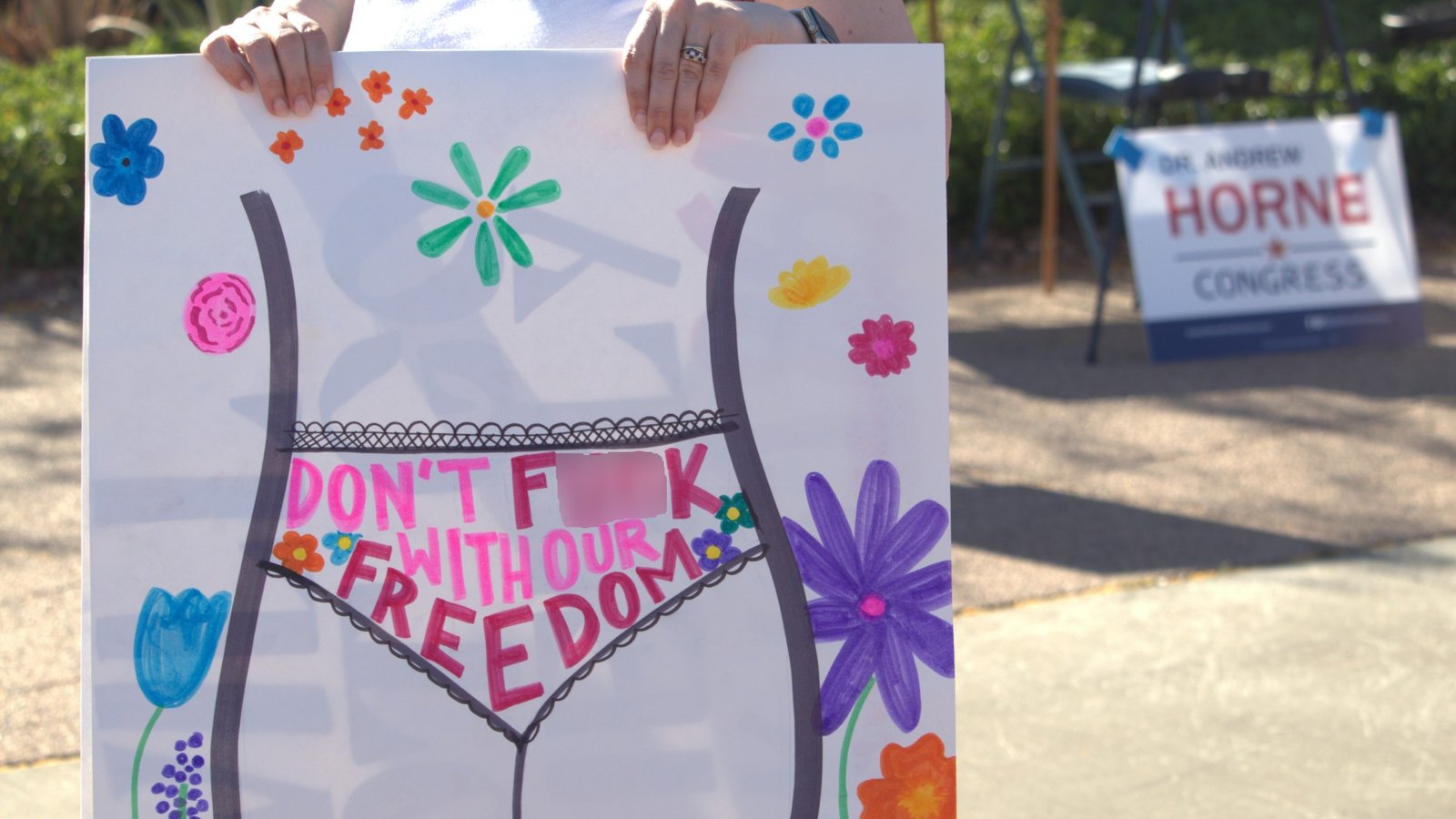2024 election
Political Parties Clash Over Abortion Rights While American Women Stand United

A recent survey conducted by KFF reveals that a significant majority of women aged 18 to 49 support a national right to abortion and oppose bans on the procedure. The nonprofit health policy organization found that these sentiments are shared among Democratic and independent women, with nearly half of Republican women also expressing support for national abortion rights.
From May 15 to June 18, the survey gathered responses from a nationally representative sample of 3,901 individuals across gender identities. Alarmingly, about 10% either faced challenges obtaining an abortion following the overturn of Roe v. Wade or knew someone who did. Furthermore, nearly two-thirds expressed concern that abortion bans might compromise their health or that of someone close to them, with this apprehension extending to about 40% of Republican participants.
Usha Ranji, associate director for Women’s Health Policy at KFF, stated, “People are really concerned about the impact of abortion restrictions and bans on health and safety.” These findings illustrate a notable alignment among American women regarding abortion, despite ongoing political divisions. Many oppose both the proposed 15-week ban and the notion of relegating abortion policy to individual states, aligning more closely with Vice President Kamala Harris’ call for national protections.
The survey also indicated that political affiliation does not significantly influence the likelihood of having had an abortion. Approximately 14% of respondents reported having undergone the procedure, with higher percentages among Black and Hispanic individuals compared to their White counterparts. Interestingly, around 8% of self-identified “pro-life” respondents also indicated they had had an abortion.
Ranji emphasized the importance of recognizing abortion as a healthcare service: “Pregnancy is a common experience, and complications can arise. Many cases of pregnant individuals don’t want to continue with the pregnancy.”
In Arizona, voters will soon have the opportunity to decide on the Arizona Abortion Access Act, which aims to enshrine abortion access as a constitutional right. Prop 139 would explicitly state that every Arizonan has a fundamental right to abortion and prohibit any laws that impede this right.
The survey further highlighted the consequences of Roe’s overturn, noting that nearly 17% of participants had adjusted their contraceptive methods, with minority respondents more likely to report such changes. Among those who faced difficulties obtaining an abortion, many reported having to travel out of state for care. Financial status played a critical role; 75% of higher-income respondents said they traveled for care, contrasting with 62% of those earning lower incomes.
Barriers to obtaining abortion services persist. About one-third indicated financial constraints hindered access, while 40% were unsure where to seek care. Individual accounts underscored these challenges. One respondent cited financial inability to afford the procedure, while another mentioned logistical issues like lack of transportation.
Awareness surrounding state-specific abortion laws was notably low, with nearly one-fourth of participants incorrectly stating their state’s abortion regulations. A concerning 26% admitted they would not know where to find information on obtaining an abortion. However, familiarity with medication abortion was higher, although knowledge concerning the ability to order these pills online was limited, particularly among lower-income individuals and minority groups.
Ranji noted the disparity in information dissemination: “The information is getting out there to some extent, clearly — but there are a lot of people who don’t know.”


















